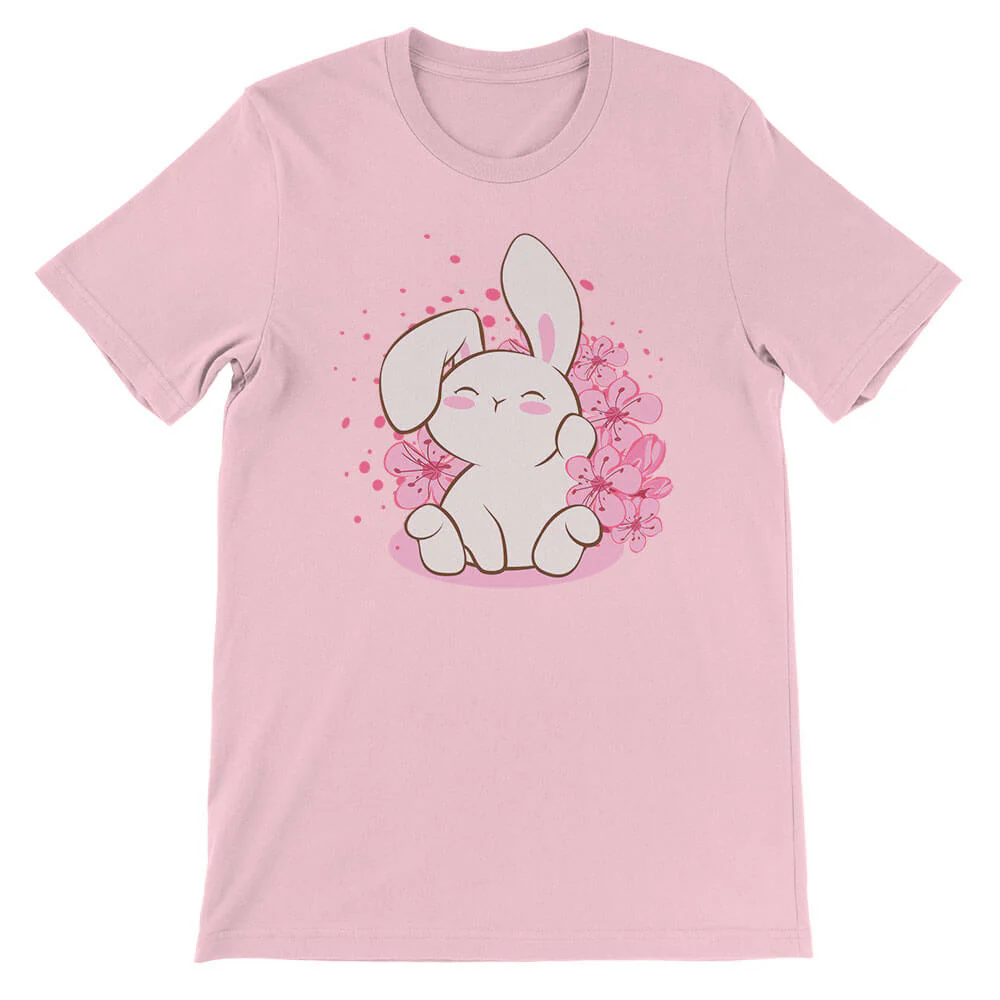In market segmentation, cohorts are groups of people who share common characteristics, behaviors, or experiences, often tied to a specific time or event. They are used to analyze customer behavior and preferences more effectively, enabling businesses to tailor their marketing efforts. Unlike general demographics, cohorts focus on patterns over time, such as customers who made their first purchase within the same month or year. By segmenting users into cohorts, companies can track trends like customer retention, purchase frequency, or the success of marketing campaigns.

Cohort analysis is particularly useful for understanding how different groups of customers respond to changes in products, services, or marketing strategies. For instance, a business might analyze how customers who joined during a holiday season behave compared to those who joined in a slower sales period. This approach helps identify pain points or opportunities for improvement in customer experience.
Cohorts can be based on criteria such as age group, purchase history, or even shared interests. Effective cohort segmentation allows businesses to predict future behaviors, optimize marketing resources, and increase customer satisfaction. It also supports data-driven decisions by providing insights into how various groups evolve. In essence, cohorts are vital for creating personalized and impactful marketing strategies.
Here’s a list of highly targeted cohorts for marketing your bunny-themed t-shirts:
1. Pet Lovers
- Rabbit Owners: People who own rabbits or consider rabbits as pets.
- Animal Enthusiasts: Fans of small animals such as rabbits, hamsters, and guinea pigs.
- Pet Community Members: Followers of pet-related social media pages and forums.
2. Bunny-Themed Enthusiasts
- Bunny Collectors: People who collect bunny-themed items (figurines, clothing, decor).
- Easter Celebrators: Seasonal shoppers looking for bunny designs around Easter.
- Cartoon Bunny Fans: Fans of iconic bunny characters from movies or TV shows.
3. Nature and Wildlife Enthusiasts
- Wildlife Conservationists: People who support conservation efforts for rabbits and other animals.
- Outdoor Enthusiasts: Hikers and nature lovers with a soft spot for wildlife-inspired apparel.
4. Fashion-Savvy Shoppers
- Graphic Tee Lovers: People actively shopping for unique or quirky t-shirt designs.
- Sustainable Fashion Advocates: Shoppers interested in eco-friendly, ethically-made t-shirts.
5. Pop Culture and Fandom Audiences
- Anime and Manga Fans: Fans of shows or comics featuring bunny characters.
- Cosplay Communities: People interested in themed clothing for events or costumes.
6. Lifestyle-Based Segments
- Cute and Aesthetic Trends: Shoppers who love “kawaii” or cute fashion styles.
- Minimalist Design Fans: People looking for simple, elegant t-shirt designs.
7. Event and Gift Buyers
- Easter Shoppers: Buying gifts or clothing for Easter-themed events.
- Gift Givers: Looking for unique and thoughtful gifts for animal lovers.
8. Social Media Enthusiasts
- TikTok Users: Fans of bunny-related trends, dances, or content.
- Instagram Aesthetic Communities: Users who love animal-themed or minimalist aesthetics.
9. Subcultures and Hobbies
- Vegans and Vegetarians: People with a lifestyle connected to animals and nature.
- Gardening Enthusiasts: Bunny-themed t-shirts appealing to gardeners who love wildlife.
10. Kids and Parents
- Parents of Young Children: Parents looking for cute animal-themed clothing.
- Preschool and Kindergarten Teachers Often seek bunny-themed outfits for themed classes or events.
11. Animal Charity Supporters
- Rabbit Rescue Donors: People connected with organizations that rescue and rehabilitate rabbits.
- Wildlife Charity Donors: Animal charity supporters who value wildlife apparel.
By targeting these cohorts, you can create personalized ads, appealing visuals, and messaging that resonate with their interests and passions.
- Facebook Ads to Get Followers! - December 27, 2024
- ClickUp vs. Slack - December 20, 2024
- Mastering E-Commerce Analytics: A Blueprint for Success


